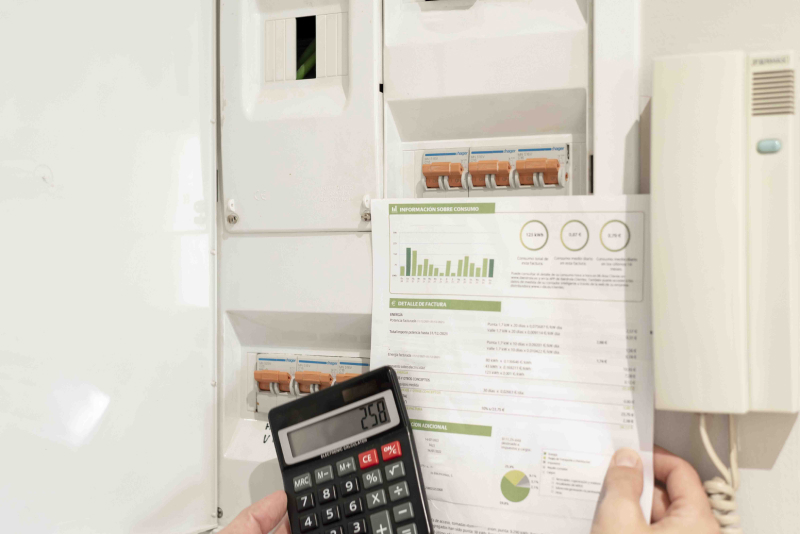Definition: The concept of electronic invoicing encompasses several regulatory changes whose origin is the transposition of European directives, which crystallized in the publication of the Anti-Fraud Law (Law 11/2021) and the Crea y Crece Law (Law 18/2022). The ultimate aim of the same is the fight against tax fraud and the fight against late payment. RD 1007/2023 provides the requirements of the software and the particular obligations of the entrepreneurs.
Implementation: July 1, 2025, for invoices issued to customers within Spain, including foral territories, although for invoices to foreign customers invoices will continue to be issued under the current system.
Practical implications of the electronic invoicing concept:
1. Radical change in the way of managing the invoicing process. This is an extremely important regulatory change that results in a profound and significant change in the invoicing process, and a total break with the traditional invoicing system.
- It will not be possible to delete or modify invoices already issued. In our opinion, it would be necessary to implement an internal system that works on the basis of delivery notes and pro-forma invoices, until the final invoice is issued.
- Invoices cannot be sent by e-mail or ordinary mail.
- A system of automatic communication of all the company’s invoices with the Tax Agency is mandatory.
- Invoices may not be issued through Word or Excel.
- It is manifestly impossible to have a second set of company’s books and records.
2. Radical change in the relational model with customers and suppliers, which will require a high level of proactivity from all parties.
- The receiver of the electronic invoice has four days to accept or reject the invoice.
- The e-invoice must specify the payment terms, and the payment date must be confirmed and recorded within the legal 60-day period.
3. It is mandatory to purchase a specific IT programme for electronic billing..., which complies with the requirements of the Tax Agency and is duly certified and complies with anti-fraud regulations, particularly to ensure that the computerized records cannot be manipulated.
- They have to guarantee the integrity, preservation, accessibility, legibility, traceability and that the billing records can’t be changed.
4. …or outsource the billing process to a third party, (we offer the necessary services to assist you in this particular case).
Objectives of the implementation of the electronic invoice

- Reinforce the obligation to issue invoices for all transactions carried out by businessmen and professionals.
- To ensure that all transactions are recorded in the computer system in a secure, non-manipulable and accessible manner, with a standard structure and format to facilitate the legibility of the records, automated analysis and simultaneous submission to the Tax Administration.
- Encourage the end consumer to request the receipts of their transactions and to voluntarily submit to the Tax Administration the basic information of these invoices to verify their registration and the accuracy of the data reflected therein.
- Guarantee the integrity, authenticity and traceability of recorded data, making it difficult to falsify billing records through the use of security and control elements in computer records and invoices. These elements include the chaining of invoice data, the digital fingerprinting of invoice content, the use of QR codes that facilitate the capture and digitalization of printed information, the standardization of data formats and the use of digital signatures to ensure non-repudiation of records.
- Contribute to greater equality before the law and a strengthening of the principles of equity and contributing capacity in the distribution of tax burdens.
- To achieve greater efficiency in tax audits.
- To facilitate compliance with tax obligations.
Entities obliged to comply with the electronic invoice regulation
- Corporate taxpayers.
- Personal income taxpayers, and non-resident income taxpayers.
- Entities under the income attribution regime.
- Producers and marketers of computerized invoicing systems.
The new computerized invoicing systems will not be applied to the following transactions.
- To those who pay taxes under the special VAT regime for agriculture, livestock and fishing, to transactions for which the obligation to issue invoices is deemed to be fulfilled by the issuance of the receipt.
- In the special regime of equivalence or simplified VAT regime.
- Certain supplies of electrical energy.
- Permanent establishments abroad.
- Taxpayers who keep record books through the AEAT electronic office by means of electronic supply of records (SII).

*No está permitido copiar ni difundir el contenido de esta web.

